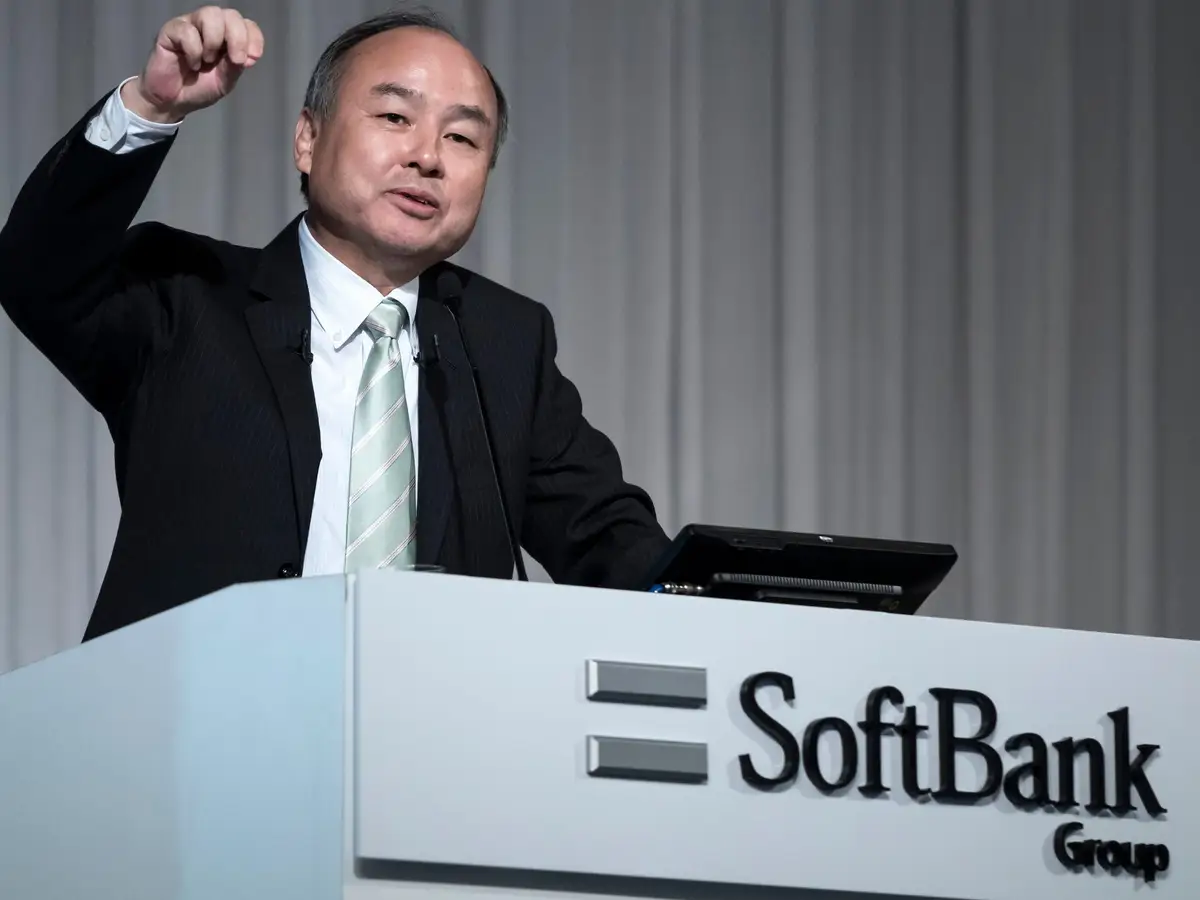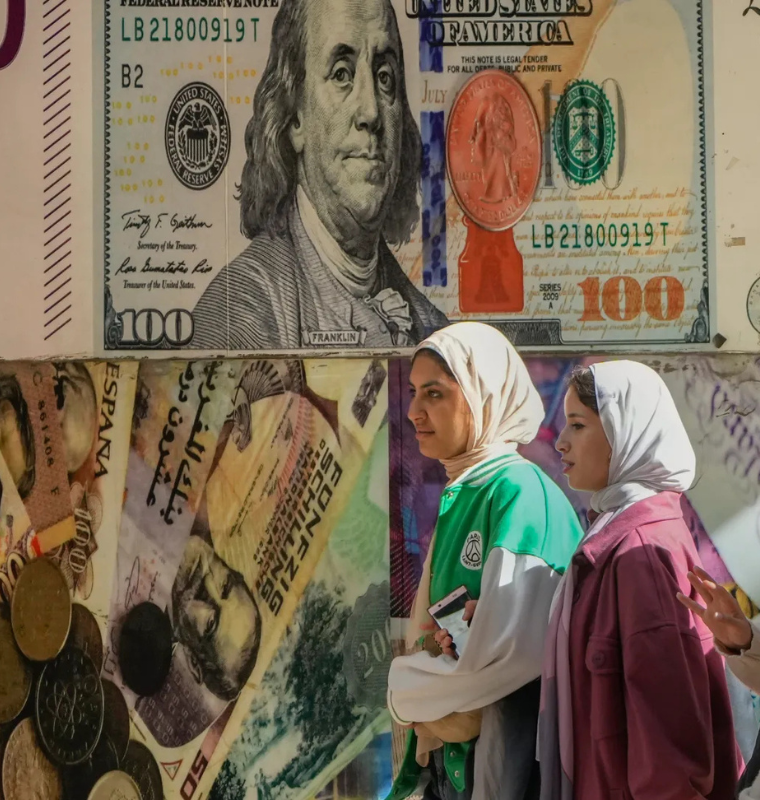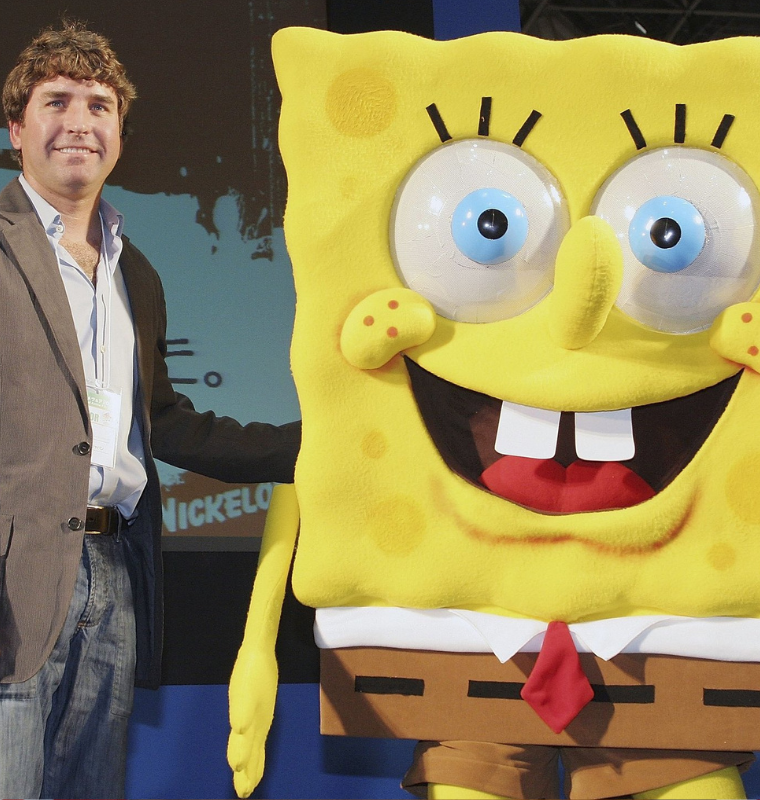Masayoshi Son’s Boldest Gamble: Betting SoftBank’s Future on the AI Revolution
Masayoshi Son’s Boldest Gamble: Betting SoftBank’s Future on the AI Revolution
By
David Goldfarb
Last updated:
August 11, 2025
First Published:
August 11, 2025

Photo: Business Insider
SoftBank’s AI Playbook Comes Into Focus
SoftBank, the Japanese investment powerhouse, is positioning itself at the heart of the AI revolution through a strategic blend of acquisitions, massive funding, and early bets on transformative technologies. At the helm is founder Masayoshi Son, who has publicly declared that artificial superintelligence (ASI)—AI that could be up to 10,000 times more intelligent than humans—will arrive within the next decade.
Son’s track record makes the claim hard to dismiss. His $20 million investment in Alibaba in 2000 turned into a stake worth tens of billions, helping finance SoftBank’s sprawling global reach. Now, he’s doubling down, determined to replicate that kind of success in AI.
Decades in the Making: Son’s AI Vision
While Son’s AI evangelism has been more public in recent years, his fascination began long before ChatGPT or generative AI became buzzwords. Former SoftBank executives recall discussions as early as 2010, when Son launched “SoftBank’s Next 30-Year Vision” and described a future of “brain computers” capable of learning and programming themselves.
In 2012, SoftBank acquired a majority stake in French robotics firm Aldebaran, unveiling Pepper—the humanoid robot marketed as “the world’s first personal robot that can read emotions”—two years later. Pepper never became a commercial success, and production stopped in 2020. But the early investment underscored Son’s long-standing obsession with AI’s potential applications.
Major Acquisitions: Building the AI Infrastructure
SoftBank’s most high-profile AI move came in 2016 with the $32 billion acquisition of chip designer Arm. Today, Arm is valued at over $145 billion, supplying the architectural blueprints for chips in nearly every smartphone on the planet and increasingly powering AI workloads in data centers.
In 2024, SoftBank announced plans to acquire Ampere Computing, a cloud-focused chip designer, for $6.5 billion. The company has also committed to investing up to ¥4.8 trillion (about $32.7 billion) in OpenAI, the developer of ChatGPT, while backing AI-related startups in sectors ranging from healthcare and education to autonomous vehicles and robotics.
The Vision Fund’s Rollercoaster Ride
Launched in 2017 with $100 billion in capital, SoftBank’s Vision Fund became one of the most ambitious tech investment vehicles in history. Early bets on Uber, Didi, and WeWork showcased Son’s appetite for bold moves—but also revealed the dangers of overestimating timing and scalability.
By 2022, the fund had posted record losses, forcing SoftBank into “defense mode” and slowing new investments just as AI breakthroughs were accelerating. Former insiders say Son wanted to invest in OpenAI as early as 2019, but Microsoft beat him to it.
A Risk-Heavy AI Race
The AI industry is advancing at breakneck speed, with U.S. and Chinese companies competing to build models approaching artificial general intelligence (AGI). Yet surprises abound: in early 2025, Chinese startup DeepSeek unveiled a reasoning AI model developed at a fraction of U.S. costs, briefly shaking market confidence in America’s AI lead despite export restrictions.
Industry analysts warn that SoftBank’s biggest challenge will be picking winners in a still-volatile field. “Many of the current leaders could be overtaken by unexpected challengers,” notes Dan Baker of Morningstar.
Son’s Long-Term AI Empire
For Son, AI is not just an investment theme—it’s his legacy. SoftBank’s corporate mission now includes a 300-year survival plan, with AI at its core. His strategy spans the entire AI stack, from foundational chips and cloud infrastructure to end-user applications.
As Neil Shah of Counterpoint Research puts it: “Mr. Son’s vision is to connect and integrate these components into a cohesive AI ecosystem, maximizing long-term value for shareholders.”
While the risks are enormous, so is the potential reward—and Son appears willing to stake everything to ensure SoftBank plays a central role in the AI age.
Popular articles
Subscribe to unlock premium content
Egypt’s Mega Projects: Ambition or Economic Miscalculation?

The Simpsons: 30+ Years of Cultural Impact and Merchandising Mastery

SpongeBob SquarePants: How a Simple Bikini Bottom Cartoon Became a Billion-Dollar Brand

Egypt’s Mega Projects: Ambition or Economic Miscalculation?

The Simpsons: 30+ Years of Cultural Impact and Merchandising Mastery

Egypt’s Mega Projects: Ambition or Economic Miscalculation?









